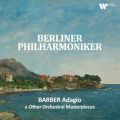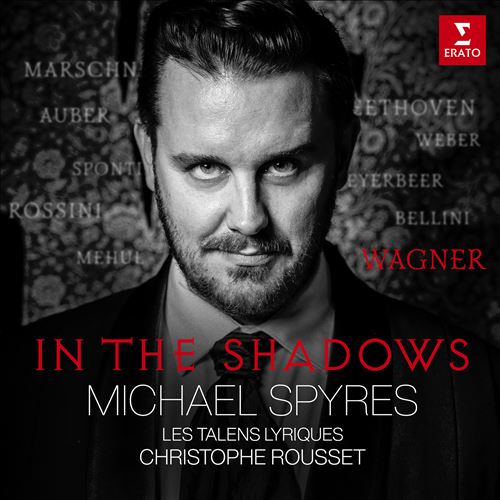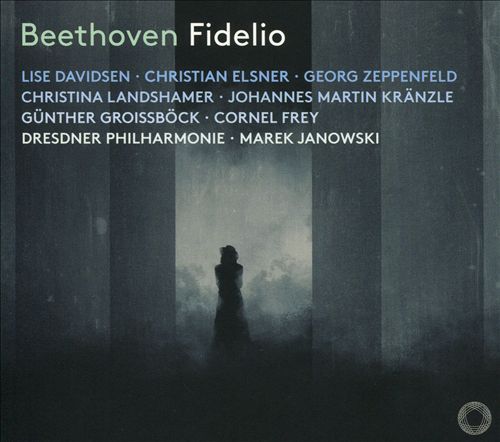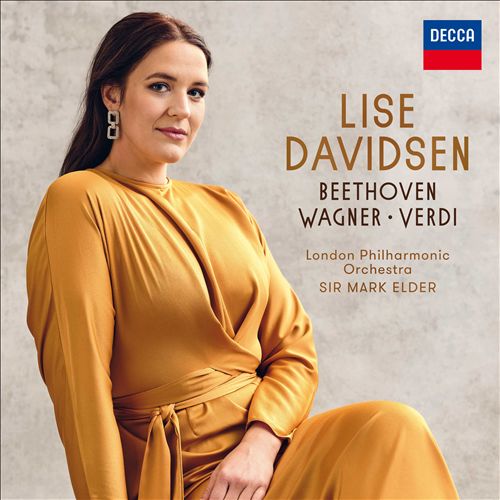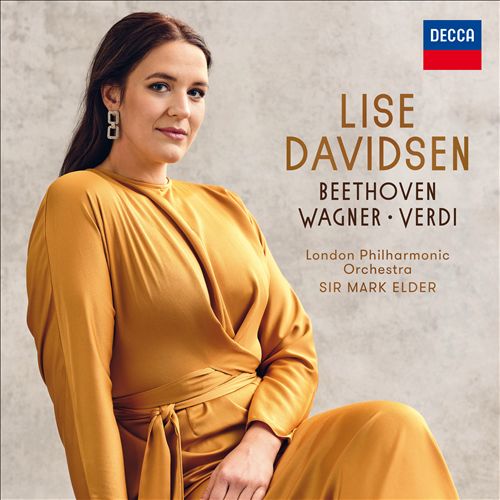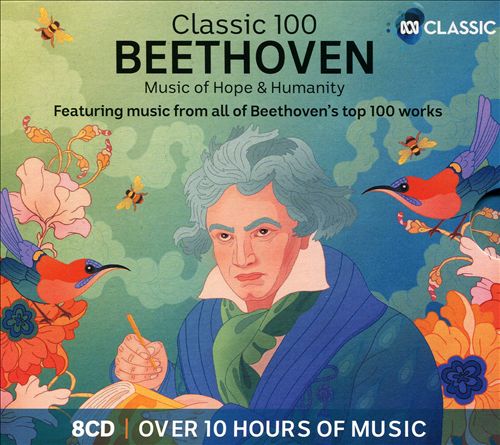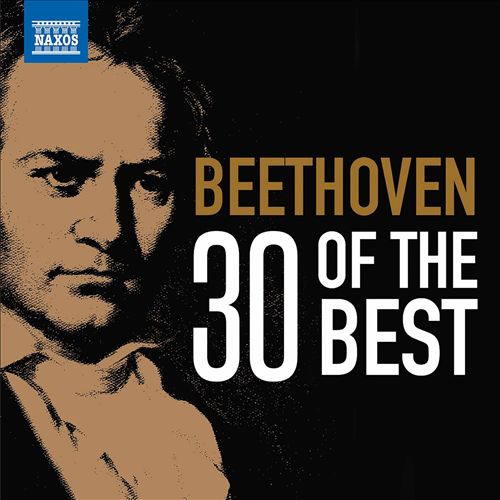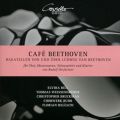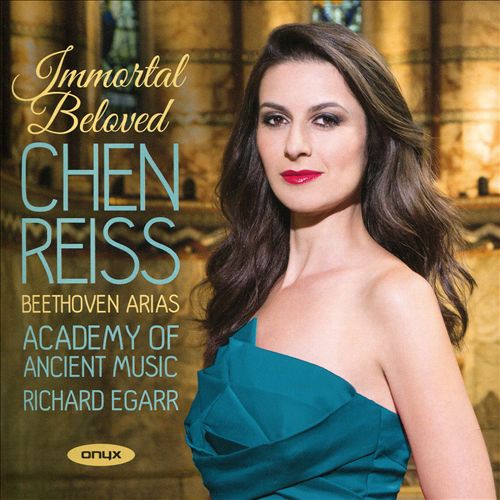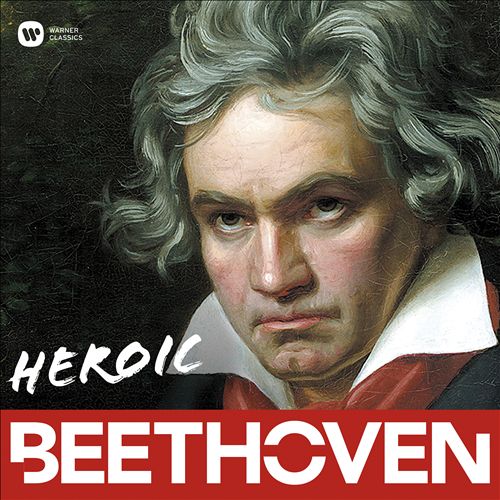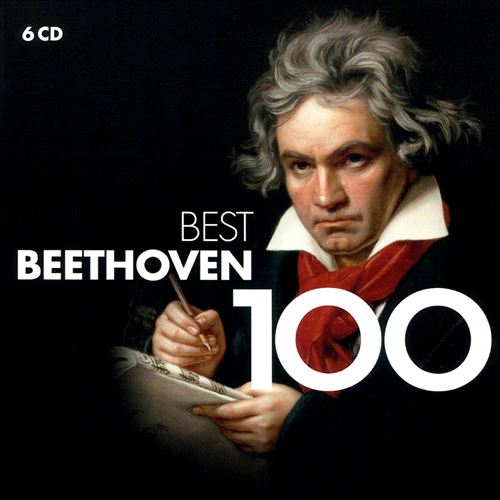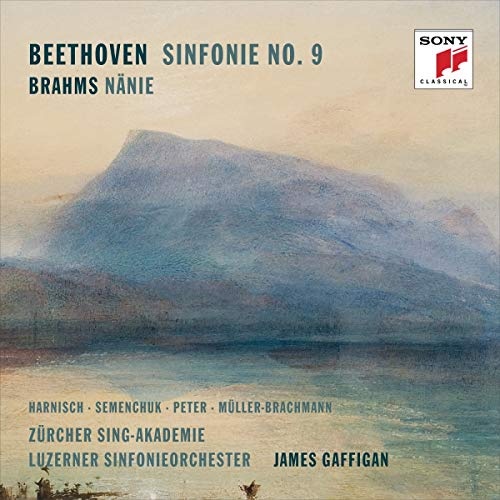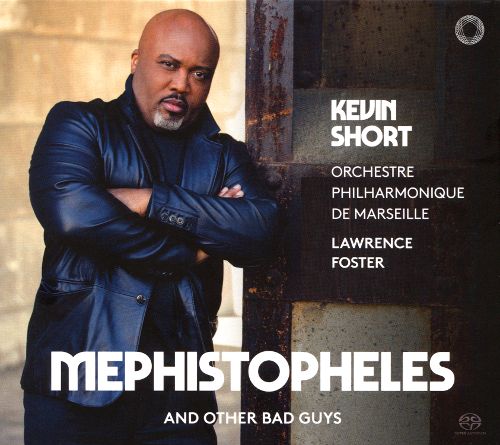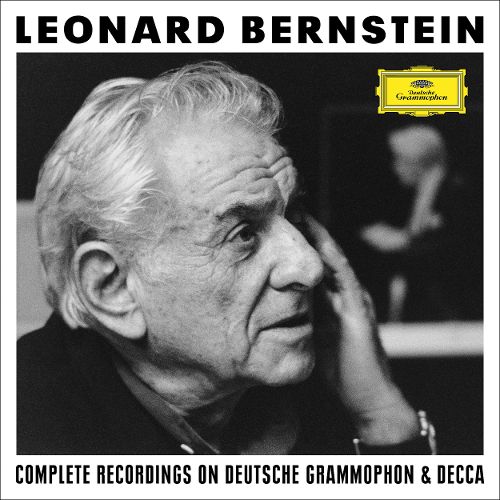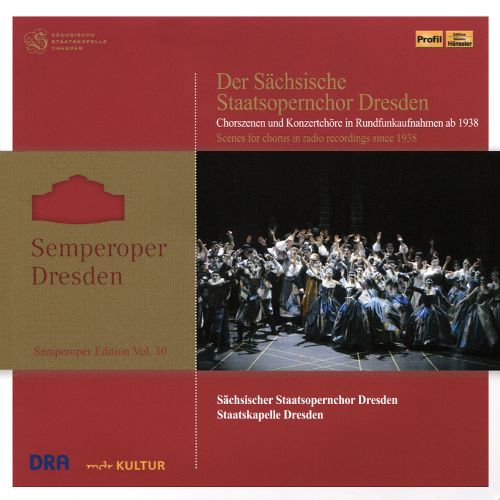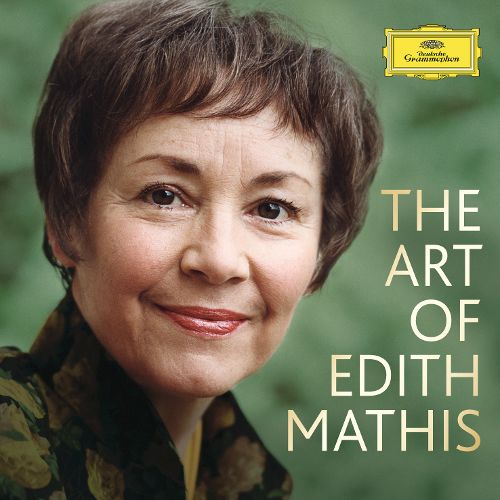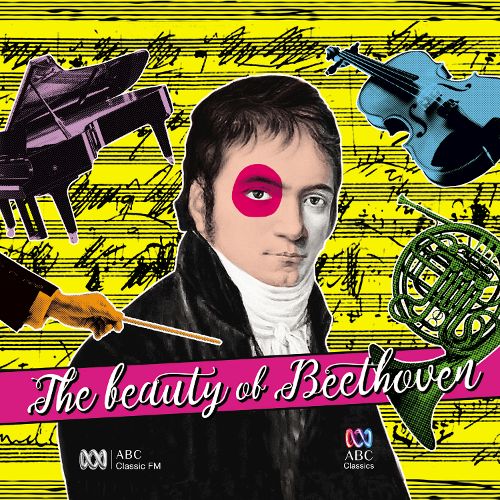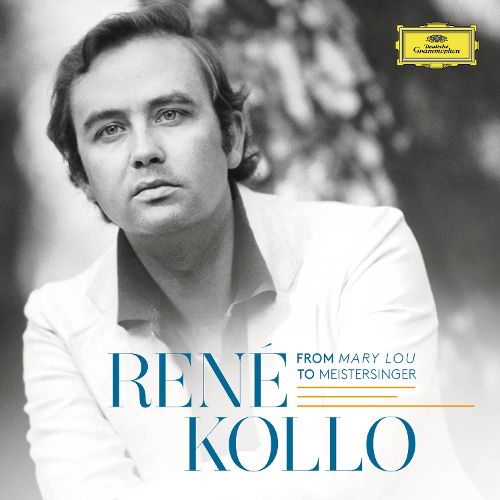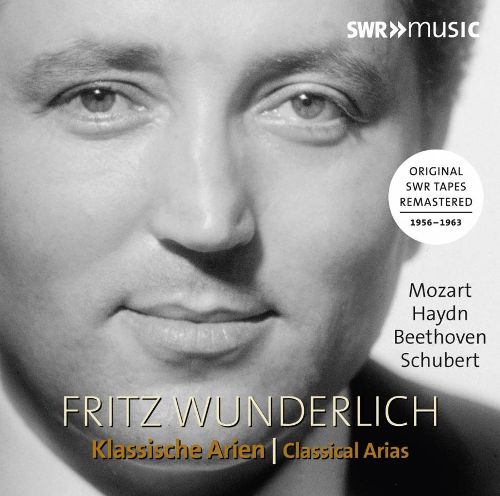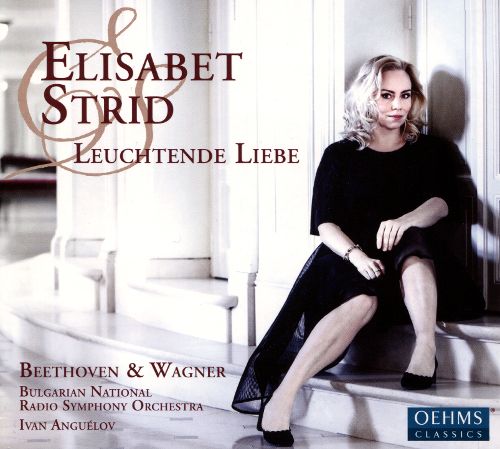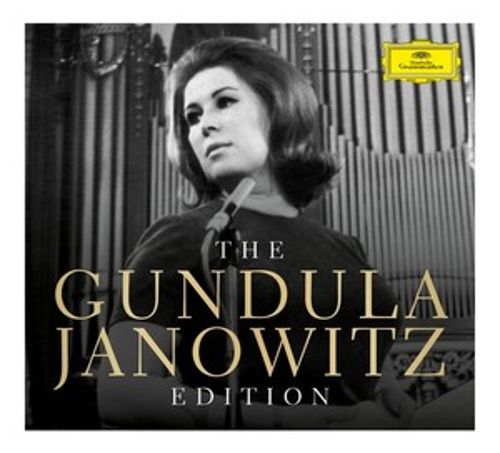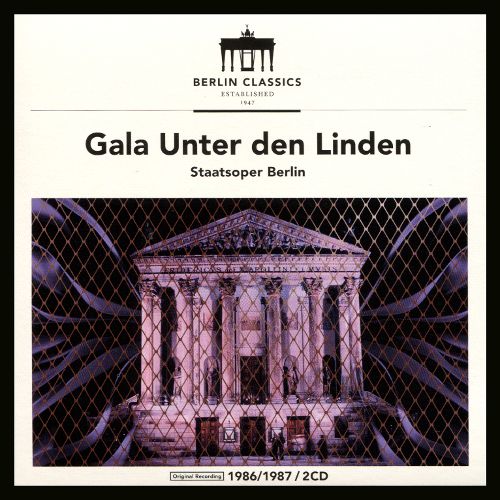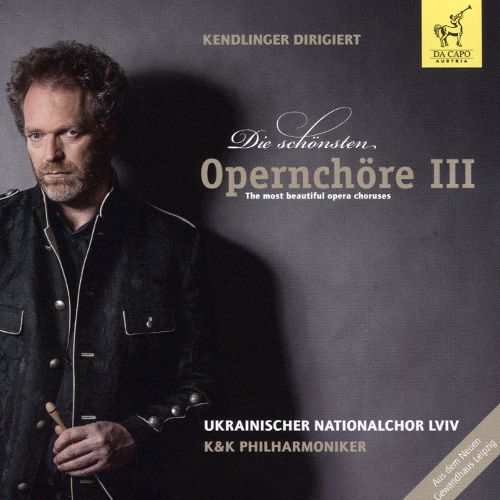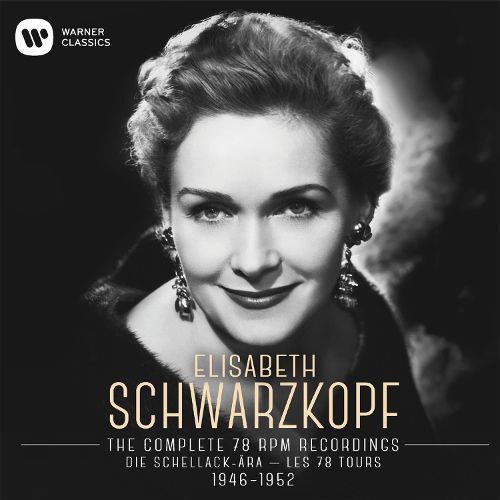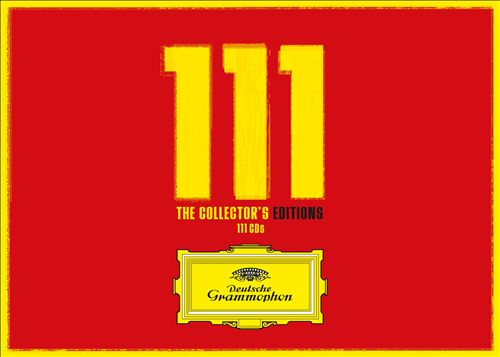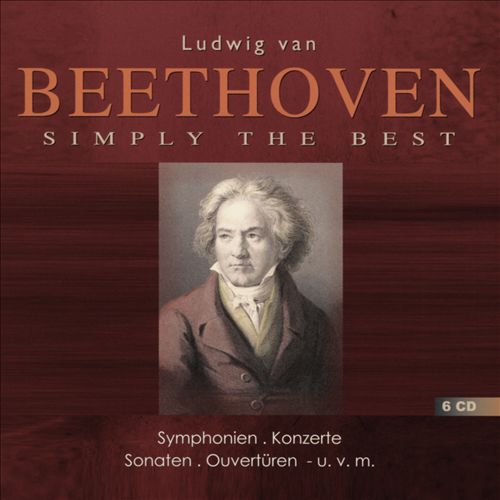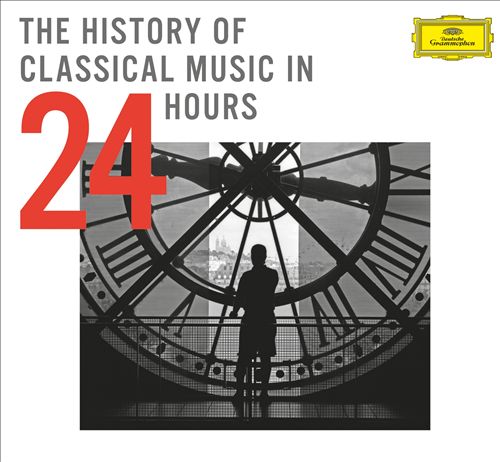Ludwig van Beethoven (루트비히 판 베토벤)
Fidelio, opera, Op. 72
100
10,000
1,400
WORK INFO
작곡가: Ludwig van Beethoven (루트비히 판 베토벤)작곡년도: 1804 - 1806평균연주: 120:38악장1Overture6:562Act 1 : Jetzt, Schätzchen, jetzt sind wir allein4:563Act 1 : O wär ich schon mit dir vereint4:204Act 1 : Mir ist so wunderbar4:555Act 1 : Hat man nicht auch Gold beineben3:246Act 1 : Gut Söhnchen gut6:117Act 1 : March2:158Act 1 : Ha! Ha! Ha! welch ein Augenblick3:209Act 1 : Jetzt, Alter, jetzt hat es Eile!4:5210Act 1 : Absheulicher! Wo eilst du hin?... Komm, Hoffnung, lab den letzten Stern7:0611Act 1 : O welche Lust7:1812Act 2 : Gott! welch Dunkel hier!... In des Lebens Frühlingstagen8:4513Act 2 : Wie kalt ist es in...Nur hurtig fort, nur frisch gegraben!4:5914Act 2 : Euch werde Lohn6:3415Act 2 : Er sterbe!4:3116Act 2 : O namenlose Freude!3:0117Act 2 : Heil! Heil sei dem Tag5:38Fidelio (originally named Leonore, oder Der Triumph der ehelichen Liebe; English: Leonore, or The Triumph of Married Love), Op. 72, is a German opera with spoken dialogue by Ludwig van Beethoven, his only opera. The German libretto was originally prepared by Joseph Sonnleithner from the French of Jean-Nicolas Bouilly and the work premiered at Vienna's Theater an der Wien on 20 November 1805. The next year Stephan von Breuning helped shorten the three acts to two. After further work on the libretto by Georg Friedrich Treitschke a final version performed at the Kärntnertortheater on 23 May 1814. By convention both of the first two versions are referred to as Leonore. The opera tells how Leonore, disguised as a prison guard named "Fidelio", rescues her husband Florestan from death in a political prison. Bouilly's scenario fits Beethoven's aesthetic and political outlook: a story of personal sacrifice, heroism and eventual triumph (the usual topics of Beethoven's "middle period") with its underlying struggle for liberty and justice mirroring contemporary political movements in Europe. Some notable moments in the opera include the "Prisoners' Chorus", an ode to freedom sung by a chorus of political prisoners, Florestan's vision of Leonore come as an angel to rescue him, and the scene in which the rescue finally takes place. The finale celebrates Leonore's bravery with alternating contributions of soloists and chorus.
Fidelio underwent two extensive revisions by Beethoven. Although he used the title Leonore, oder Der Triumph der ehelichen Liebe ("Leonore, or The Triumph of Married Love") the first performances were billed as Fidelio at the theatre's insistence, to avoid confusion with the 1798 opera Léonore, ou L’amour conjugal by Pierre Gaveaux, and the 1804 opera Leonora by Ferdinando Paer (a score of which was owned by Beethoven). Beethoven published the 1806 libretto and, in 1810, a vocal score under the title Leonore, and the current convention is to use Leonore for both the 1805 (three-act) and 1806 (two-act) versions and Fidelio only for the final 1814 revision.From WIKIPEDIA
RELEASED ALBUMS
-
Barber Adagio & Other Orchestral MasterpiecesJuly 18, 2025
-
The Roaring SeventiesJanuary 19, 2025
-
In the ShadowsMarch 1, 2024
-
Beethoven: FidelioJuly 16, 2021
-
Beethoven, Wagner, VerdiApril 30, 2021
-
Beethoven: Fidelio, Op. 72, Act 1 - Abscheulicher! Wo eilst du hin?February 5, 2021
-
Classic 100 BeethovenJuly 3, 2020
-
Beethoven: 30 of the BestApril 24, 2020
-
Café Beethoven: Bagatellen von und über Ludwig van BeethovenApril 17, 2020
-
Immortal Beloved: Beethoven AriasMarch 20, 2020
-
Heroic BeethovenJanuary 24, 2020
-
50 Best BeethovenNovember 1, 2019
-
100 Best Beethoven [2019]September 20, 2019
-
Beethoven: Symphony No. 9; Brahms: NänieNovember 2, 2018
-
Mephistopheles and Other Bad GuysAugust 3, 2018
-
Leonard Bernstein: Complete Recordings on Deutsche Grammophon & DeccaMarch 9, 2018
-
Semperoper-Edition, Vol. 10: Der Sächische Staatsopernchor DresdenMarch 2, 2018
-
The Art of Edith Mathis [includes Booklet]January 26, 2018
-
The Beauty of BeethovenDecember 8, 2017
-
René Kollo: From Mary Lou to MeistersingerNovember 10, 2017
-
Fritz Wunderlich: Klassische ArienOctober 13, 2017
-
Leuchtende LiebeJuly 21, 2017
-
The Gundula Janowitz EditionJuly 14, 2017
-
Gala Unter den LindenMay 19, 2017
-
Die Schönsten Opernchöre III2017
-
Elisabeth Schwarzkopf: The Complete 78 RPM RecordingsDecember 2, 2016
-
Decca Sound: 55 Great Vocal RecitalsMay 20, 2016
-
111: The Collector's Editions [111 CDs]December 11, 2015
-
Beethoven: Simply the BestNovember 13, 2015
-
The History of Classical Music in 24 HoursNovember 13, 2015
FEATURED MOVIES
-
 13:33베토벤: 피델리오 Op. 72 Act 2 finale01-12-1999Royal Opera House Covent Garden
13:33베토벤: 피델리오 Op. 72 Act 2 finale01-12-1999Royal Opera House Covent Garden -
 07:12베토벤: 피델리오 Op. 72 Gott! Welch Dunkel hier!Zurich Opera
07:12베토벤: 피델리오 Op. 72 Gott! Welch Dunkel hier!Zurich Opera -
 09:59베토벤: 피델리오 Op. 72 Overture , Gott! welch Dunkel hier1991Royal Opera House Covent Garden
09:59베토벤: 피델리오 Op. 72 Overture , Gott! welch Dunkel hier1991Royal Opera House Covent Garden -
 04:21베토벤: 피델리오 Op. 72 Mir ist so wunderbar1978
04:21베토벤: 피델리오 Op. 72 Mir ist so wunderbar1978 -
 03:23베토벤: 피델리오 Op. 72 Ha! Ha! Ha! welch ein Augenblick
03:23베토벤: 피델리오 Op. 72 Ha! Ha! Ha! welch ein Augenblick -
 04:30베토벤: 피델리오 Op. 72 Mir ist so wunderbar1963Berlin
04:30베토벤: 피델리오 Op. 72 Mir ist so wunderbar1963Berlin
ALBUM MUSIC
WORKS SHOUTS


